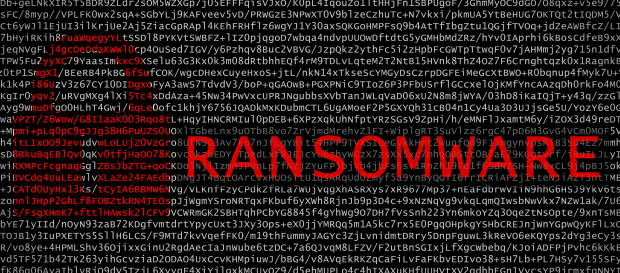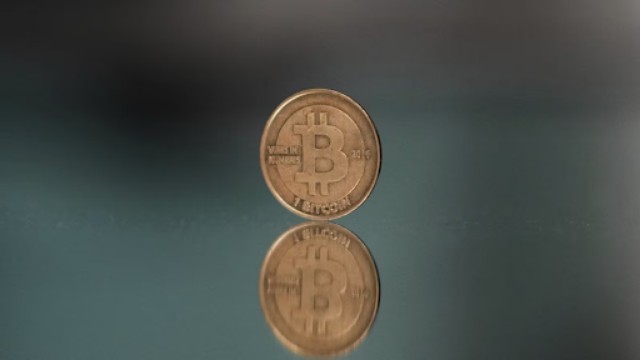
BlackCat/AlphV gang halts operations after targeting US healthcare provider. Uncertainty looms over motive and future plans. (Getty Images)
The latest development in the ongoing narrative involving the BlackCat/AlphV ransomware group unfolds as reports indicate that the group has ceased operations, closing down its servers following a contentious hack targeting an American healthcare services provider.
According to Bleeping Computer, the gang's data leak blog ceased functioning on Friday, followed by the closure of the websites used for ransom negotiation today.
This decision comes in the wake of several significant events:
- Allegations surfaced last month that an affiliate of the gang received a payment of US$22 million following a data breach and ransomware attack on Change Healthcare, a provider of various services to healthcare facilities, including prescription processing and healthcare payments.
- Shortly thereafter, it was reported that the BlackCat/AlphV operators retrieved the payment from the affiliate's digital wallet before shutting down operations.
Bleeping Computer reports uncertainty regarding whether this closure represents an exit scam or an effort to rebrand the gang under a different identity. Notably, BlackCat was previously known as the DarkSide ransomware operation.
These developments follow the seizure of several of the group's data leak and communication platforms by American cyber authorities in December. Additionally, authorities released a decryption tool that affected organizations can use to regain access to encrypted data.
The motive behind the attack on Change Healthcare remains unclear. However, following the December crackdown, the gang announced the removal of restrictions barring affiliates from targeting critical infrastructure, such as the healthcare sector, with their ransomware.
The assault on Change Healthcare appears to signify a resurgence for BlackCat/AlphV following the setback in December.
Rick Pollack, CEO of the American Hospitals Association, described the incident as "the most serious of its kind" against a U.S. healthcare organization. Change Healthcare processes a staggering 15 billion healthcare transactions annually and handles one in every three American patient records.
The severity of the incident prompted the White House's National Security Council to explore avenues for providing short-term financial relief to U.S. hospitals, according to Politico. Such attention from the highest levels of government is undoubtedly unwelcome for a ransomware group.















